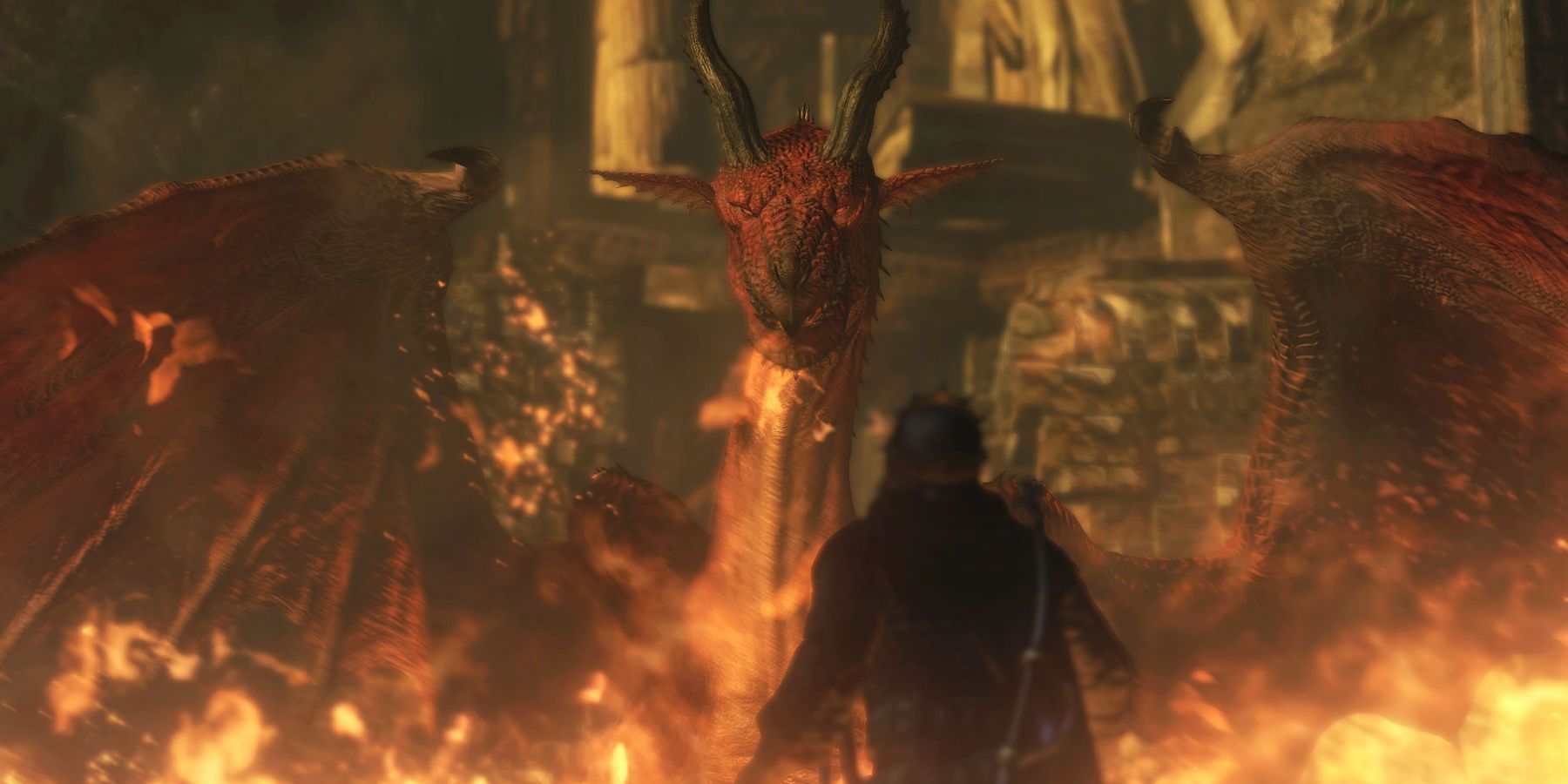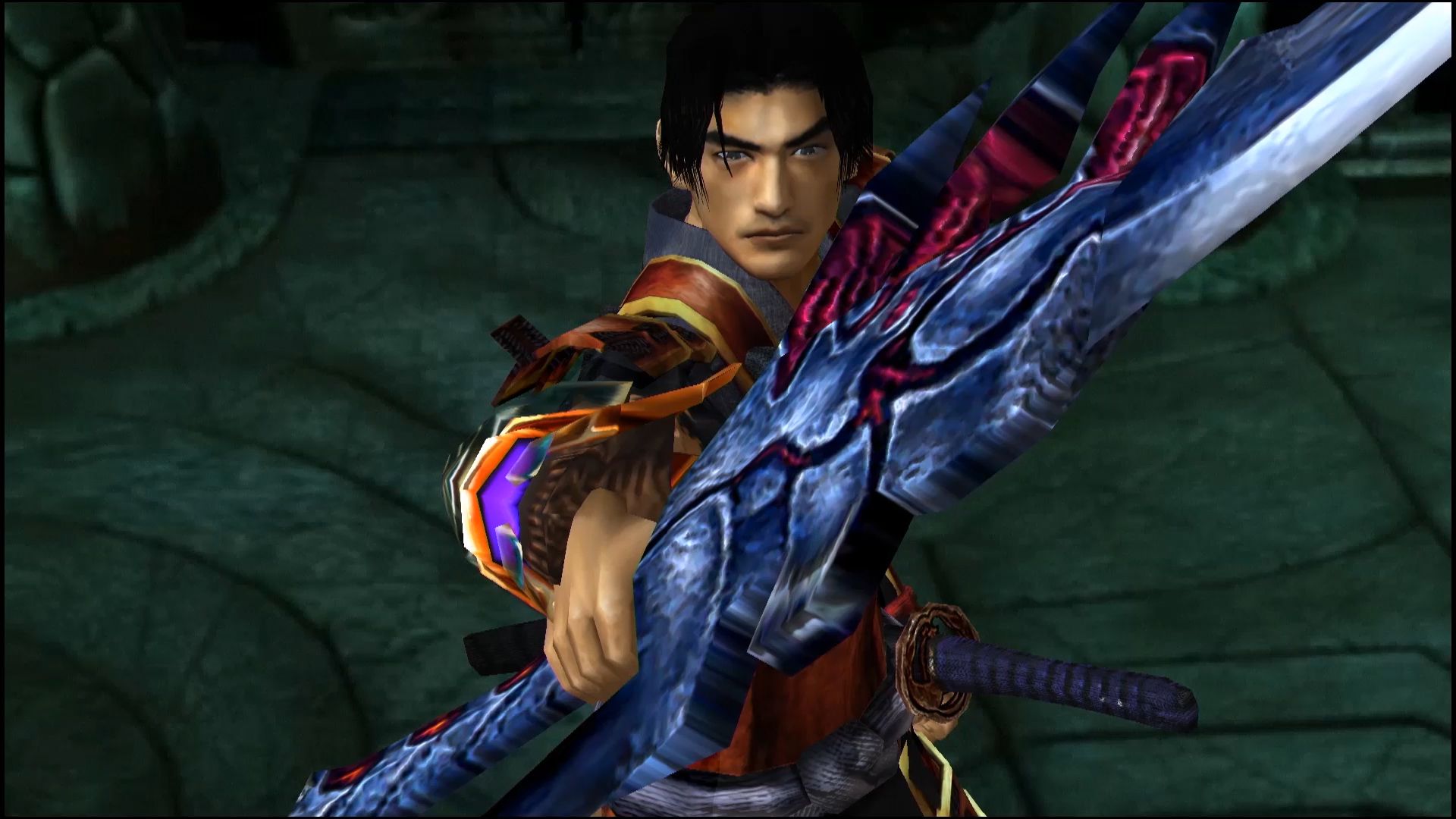After several successful game launches in the last few years, Capcom says it’s interested in bringing back franchises that haven’t had a new release in a while. Capcom develops some of the most recognizable games out there, but also has a varied collection that have fallen by the wayside, from Dino Crisis to Viewtiful Joe.
Capcom staged something of a comeback in the last few years, with the latest iterations of some of its most popular franchises giving it its biggest wins in years. The remake of Resident Evil 2 was released to nearly universal acclaim, followed by the news of the Project Resistance spin-off. Monster Hunter World: Iceborne also performed well, following from the massive success of the base game, Monster Hunter World, which was Capcom’s fastest selling game of all time. Devil May Cry 5 was similarly well received, and even before this latest wave of success, Resident Evil 7 was seen as the best entry in the long-running series in a long time. Taken together, Capcom’s recent successes make it easy to see as a company that’s back on track after some feared for its future in part due to missteps like Street Fighter V’s bungled launch.
Any perception that Capcom is a company that doesn’t know what it’s doing seems to be gone now. According to Capcom’s latest financial report, it’s been a strong year for game sales, with Resident Evil 2 and Monster Hunter: World both selling more than 4 million copies each. Seemingly inspired by the success of those big franchise titles, the company plans to use “dormant IP and remakes” to boost sales even further in coming years. There’s no word on what IP it might focus on, but the recent re-release of Onimusha: Warlords shows that Capcom is willing to dig deep into its back catalog. Long before this latest report, there were also murmurings of a sequel to the cult classic Dragon’s Dogma, as director Hideaki Itsuno told Capcom he was interested in either making that or Devil May Cry 5.
As Capcom’s financial report points out, the company isn’t limited to just making video games. Using what it calls its “Single Content Multiple Usage strategy,” Capcom likes to build home video games, arcade cabinet, merchandise, and movies on the same IP. While not exactly highly regarded, the Resident Evil film series was successful enough to span more than a decade, and Monster Hunter is getting its own film adaptation in 2020.
Despite some rocky releases, Capcom has been a major player in video games since the early days of the medium, and it’s no surprise to see it leaning on that long history for its future plans. Given how willing Capcom is to experiment with even its most established franchises, it’s hard not to be excited about how it might re-interpret some of its dormant series.
Source: Capcom


